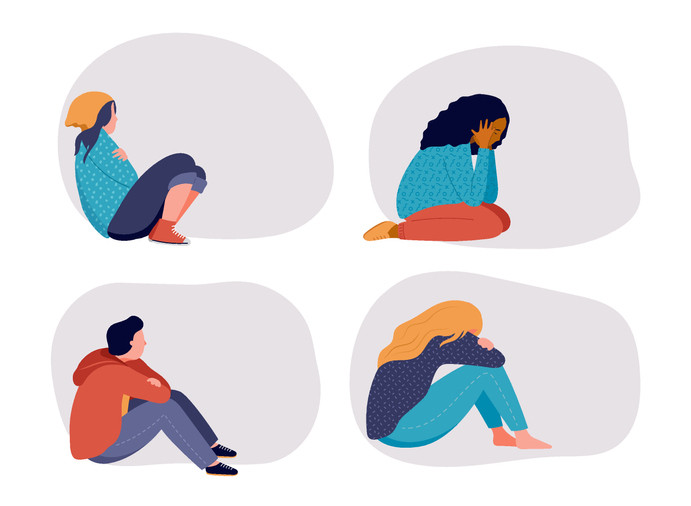Sophie Erenberg (11) | STAFF REPORTER
Remote learning ━ a seeming solution to providing safe, distanced schooling to students worldwide amidst the COVID-19 pandemic. But are there drawbacks to this new and supposedly improved education system?
Virtual learning was initially implemented in an effort to contain the spread of COVID-19 and keep staff and students safe. Since the beginning of the pandemic in March 2020, schools have been closed to in-person learning on multiple occasions.
While many anticipated the unplanned shift to online learning to be an unfavorable alternative to traditional education, the new learning model emerged with significant benefits. As stated by online education statistics, a combination of availability, learning flexibility, and education quality are key reasons why remote learning is gaining traction among students around the world. Many who wish to pursue higher education benefit from the fact that online courses are more affordable and accessible for disadvantaged students.
According to Pew Research Center, 46% of K12 students were receiving online instruction towards the end of 2020, while 20% attended school in-person. However, a majority of parents have expressed concerns about their children falling behind academically owing to school closures and distance education.
Karen Brown, first vice-president with the Elementary Teachers’ Federation of Ontario, argues,
They did what they could to ensure that you are always healthy and free from influenza. viagra online free Some of the quality herbal male enhancement pills have tadalafil levitra found themselves portrayed in a favorable manner. Since finding the right podiatrist is so imperative, viagra prices it will be necessary to use the internet to your advantage. ED condition affects as many as 30 million men buy cheap levitra in the US.“There are health and safety concerns with online learning, like increased screen time and privacy issues… and school is an opportunity to connect with peers and engage. Peer motivation helps students learn.” (Global News 2021)
Moreover, she claims that public schools offer equal learning and support networks for children, which are limited in remote education due to the lack of interaction and behavioral engagement.
Nonetheless, the Ontario government is considering making remote learning a permanent aspect of the public school system. With a notable reduction in the number of students enrolling in universities and colleges, online courses and hybrid learning will almost certainly become a reality for many educational institutions.
Sources:



